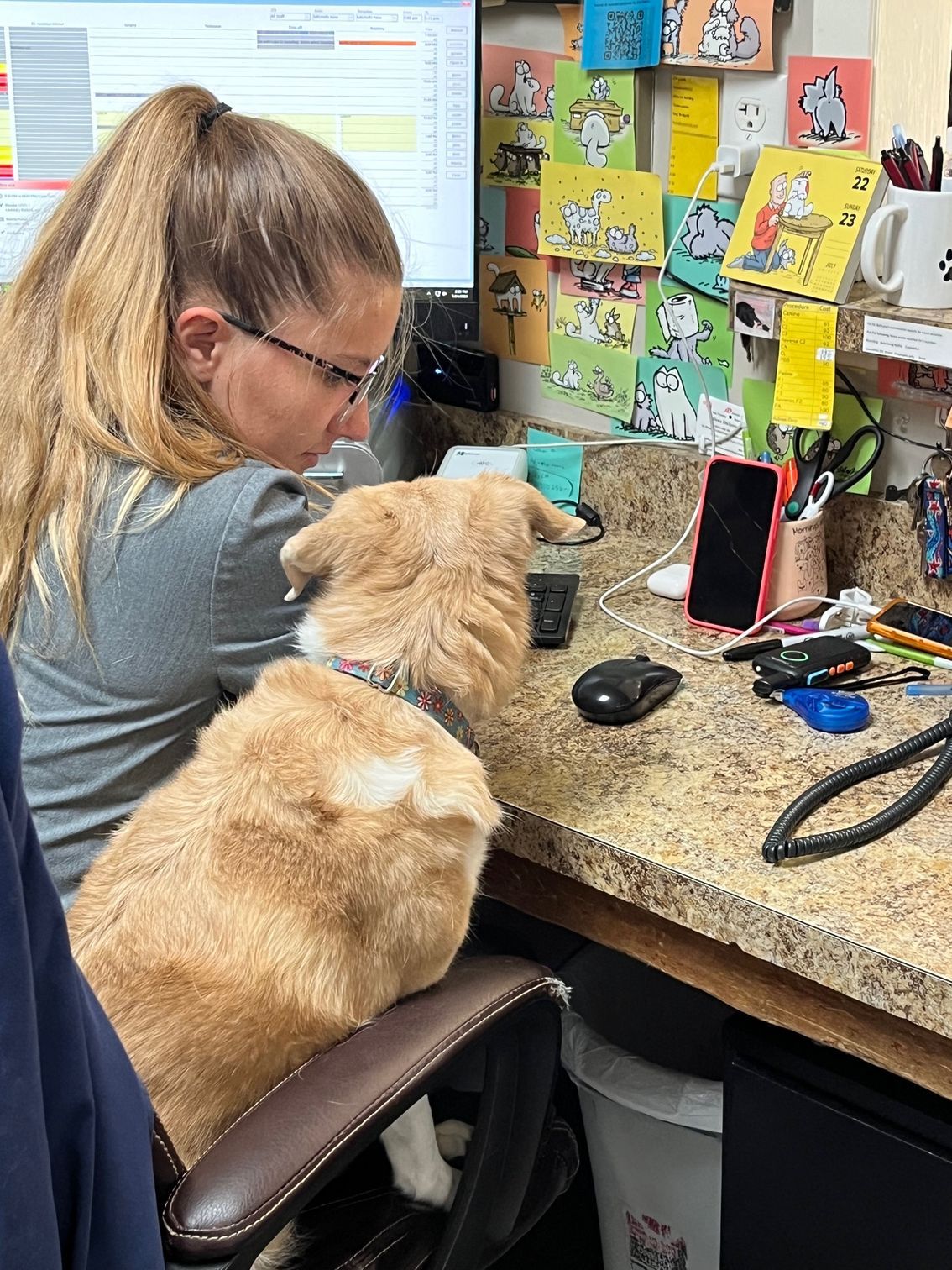Understanding the Needs and Wisdom of Older Felines
As cats age, they enter a stage of life where their needs, preferences, and behaviors evolve in subtle yet significant ways. Senior cats often exude a sense of calm and wisdom, and, as their human companions, there’s much we can learn from their graceful aging.
1. Comfort Is Key
As they grow older, cats become more sensitive to their environment. Joint stiffness, reduced mobility, or arthritis may make it harder for them to jump onto favorite perches or navigate stairs. Senior cats would likely ask for cozy, accessible sleeping spots and warm, quiet spaces where they can relax without disruption.
2. Regular Vet Visits Are Essential
Vet visits are more important than ever. Conditions such as kidney disease, diabetes, hyperthyroidism, and dental issues are common. Bi-Yearly veterinary checkups—can help detect and address issues early. Keep a close eye on any changes in their weight, appetite, grooming habits, or behavior, as these can be signs of underlying health problems.
3. Their Nutritional Needs May Change
Senior cats often need diets tailored to their slower metabolism and potential health challenges. Older cats may also benefit from smaller, more frequent meals to aid digestion and maintain energy levels.
4. They Value Routine and Predictability
Routine gives senior cats a sense of security. Sudden changes to their environment, such as rearranging furniture or introducing new pets, can be stressful. Senior cats thrive in a stable, predictable, familiar environment where they feel in control.
5. They Still Love to Play, But Differently
Senior cats still have a playful spirit. They enjoy activities that engage their minds and match their physical abilities, such as slow-moving toys, puzzle feeders, or gentle feather wands. They’d love for you to spend time playing at their pace, helping them stay mentally and physically stimulated.
6. Grooming Might Be a Struggle
Aging and weight gain can make self-grooming more challenging for cats due to stiffness or reduced flexibility. Your senior cat might appreciate you stepping in with regular brushing sessions to keep their coat clean and prevent matting. Dental care, becomes critical as older cats are more prone to dental disease, which can affect their overall health.
7. They Appreciate Your Patience
A senior cat might move a little slower, miss the litter box occasionally, or meow more often at night. These behaviors are often part of aging and not intentional. They’d ask for your understanding and patience as they navigate these changes. Providing easy access to litter boxes, ensuring they’re well-lit at night, and offering comfort during periods of disorientation can make a significant difference.
8. They Feel the Depth of Your Bond
Cats are known for their independence, but as they age, they often become more affectionate and seek closeness with their humans. They might follow you from room to room, curl up beside you more often, or purr contentedly in your lap. Your senior cat cherishes the bond you’ve built over the years and finds comfort in your presence.
9. They Communicate Subtly
Senior cats may not always vocalize their needs, but their body language and behavior can speak volumes. Reduced activity, hiding, changes in appetite, or excessive grooming can indicate pain or discomfort.
10. They Treasure Quiet Time & Deserve Respect in Their Golden Years
As their energy levels decrease, senior cats value the serenity of quiet companionship. They’d be content to simply sit by your side, enjoying your presence without the need for constant interaction. These peaceful moments strengthen the bond between you and your aging feline friend. Senior cats would want you to respect their needs and preferences as they age. They’ve lived a life full of curiosity, adventure, and have earned comfortable dignity in a loving home. Senior cats have so much wisdom and love to share, and their golden years can be a deeply rewarding time for both of you. By listening to their unspoken needs, you can ensure their twilight years are filled with comfort, care, and companionship. In return, they’ll continue to offer the quiet joy and profound connection that only a senior cat can provide.










